With our IoT-based pump monitoring systems, you can maximize operational efficiency while reducing downtime.
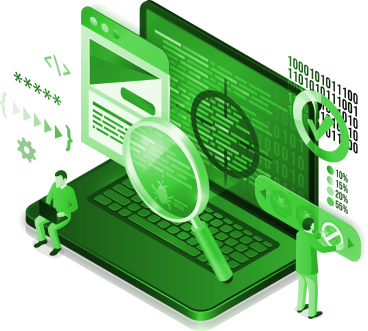
Our IoT-based pump monitoring system collects vital data such as flow rate, pressure, temperature, and energy usage, providing you with real-time insights into pump performance. This complete picture offers early detection of possible problems, allowing you to avoid costly downtime and ensure continued operation.
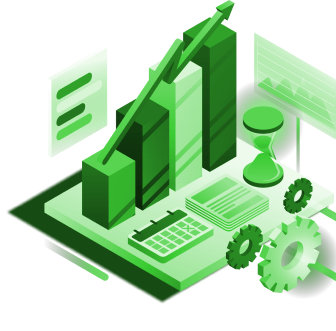
Advanced data analytics helps you to analyze essential factors such as efficiency, load, and power consumption. This study helps in detecting inefficiencies, identifying wear and tear, and optimizing the performance of your pumps, ensuring they operate to their full capacity.

Detailed insights from real-time performance data and process monitoring lead to increased efficiency. By reducing unplanned downtime through proactive maintenance and enhancing pump efficiency, your operations will see an increase in total productivity while minimizing energy use and maximizing availability.

Autobits’ predictive maintenance features help you keep ahead of any issues. We help preserve downtime and extend pump life by detecting faults early on and automating maintenance cycles.

We understand that each operation is different. That’s why our pump monitoring systems are completely customizable to meet your individual needs. Whether it’s specialized sensors or customized data insights, we can modify the system to your specific requirements.

Our IoT-based pump monitoring solution works seamlessly with machinery in the workplace. This leads to a unified monitoring platform, which enables more efficient operations, better decision-making, and resource management.

Real-time pump monitoring continually monitors pump performance, providing instant data on key variables such as flow rate, pressure, temperature, and energy usage. This proactive strategy enables us to identify and address issues as they arise, reducing downtime and ensuring efficient pump performance.
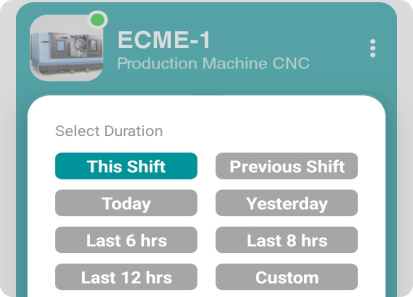
IoT-based monitoring systems offer real-time data on the pump’s operation, making it possible to identify possible problems early on. This minimizes expensive downtime and operational disturbances by assisting in maintenance scheduling before any significant failure.
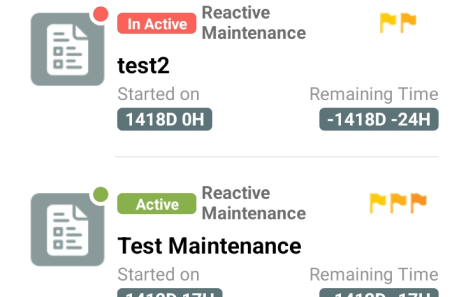
IoT solutions, which automate pump monitoring and offer predictive maintenance insights, decrease the need for human inspections and repairs. Over time, these solutions save labor expenses, avoid expensive pump breakdowns, and lengthen the equipment’s lifespan, all of which add to major savings.
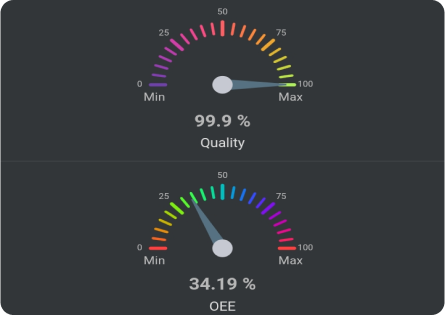
Companies can optimize pump performance by continuously monitoring critical characteristics such as energy usage, flow rate, and pressure. This enables improved resource management, ensures pump efficiency, and reduces wasteful energy usage.
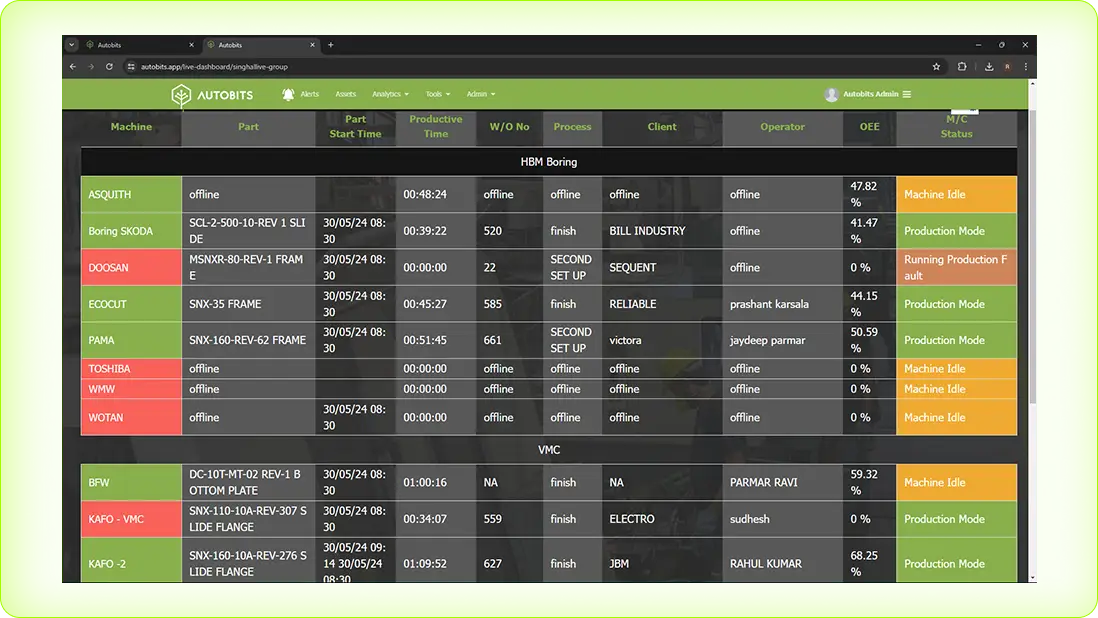
Many companies are subject to stringent regulatory requirements on safety, performance, and environmental effects. An IoT-based pump monitoring system helps in compliance by keeping accurate records of pump performance and notifying operators of any deviations from regulatory requirements.

The system ensures the safe and efficient operation of the pump by constantly tracking the pressure levels inside it. To avoid expensive damage, abnormal pressure readings may point to blockages, leaks, or other problems that require quick attention.

The software monitors the pump’s energy use and offers insights into its effectiveness. Eliminating energy waste helps pinpoint locations where energy consumption can be stored, improving performance and reducing operating expenses.
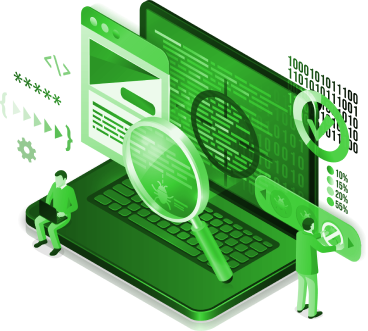
The water flow rate through the pump is continuously monitored by the Internet of Things-based device. By keeping an eye on this parameter, you can make sure the pump is functioning within its ideal range and avoid problems like overloading or underperformance, which can compromise the system’s overall stability and efficiency.
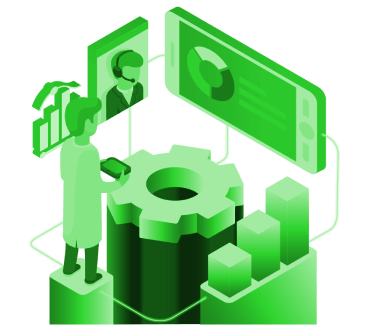
The water flow rate through the pump is continuously monitored by the Internet of Things-based device. By keeping an eye on this parameter, you can make sure the pump is functioning within its ideal range and avoid problems like overloading or underperformance, which can compromise the system’s overall reliability and effectiveness.


Connection between the sensors and the cloud or central control system is facilitated by the IoT gateway. This enables real-time remote orders to be delivered to the pump for modifications, as well as the transmission of sensor data to the analytics platform for analysis.

Pump performance data is visible to operators because of the system’s user-friendly interface. To help ensure effective administration of the pump system, dashboards provide real-time information, and automatic reports enable users to examine performance in the past, maintenance plans, and system health.

By processing the sensor data, this platform analyses patterns, spots anomalies, and provides insights for predictive maintenance. By enabling operators to make well-informed decisions, the analytics help to maintain optimal pump performance and avoid unplanned breakdowns.

To keep an eye on significant factors like vibration, temperature, pressure, and flow rate, the monitoring device is equipped with many sensors. These sensors get data from the pump in real-time. Actuators provide remote control, which enhances efficiency and reaction times by enabling automatic modifications to the pump’s functioning.

Operators can optimize pump operations by identifying inefficiencies and monitoring energy use in real-time via the system. This leads to less energy waste and less expensive utility bills, which improve the sustainability and efficiency of pump performance.
By continuous monitoring and analysis of pump performance, the system assists in preserving ideal operating conditions. This ensures a smooth operation and expands the pump’s lifespan by improving the pump’s overall efficiency and dependability.
Operators can make more accurate decisions about pump operations, maintenance schedules, and how to allocate resources if they have access to extensive data and analytics. The total efficiency of the system is increased by this data-driven approach, which allows for quicker and more precise reactions to possible problems.
Pumps work safely when key variables like temperature, pressure, and flow rate are constantly tracked. Early detection of anomalies contributes to the avoidance of dangerous circumstances, guaranteeing a safer working environment for employees and equipment.
A pump monitoring system can assist in avoiding costly emergency repairs in favor of preventive maintenance by helping in the early discovery of issues. By reducing unplanned breakdowns and manual inspection requirements, organizations can significantly minimize their maintenance costs over time.